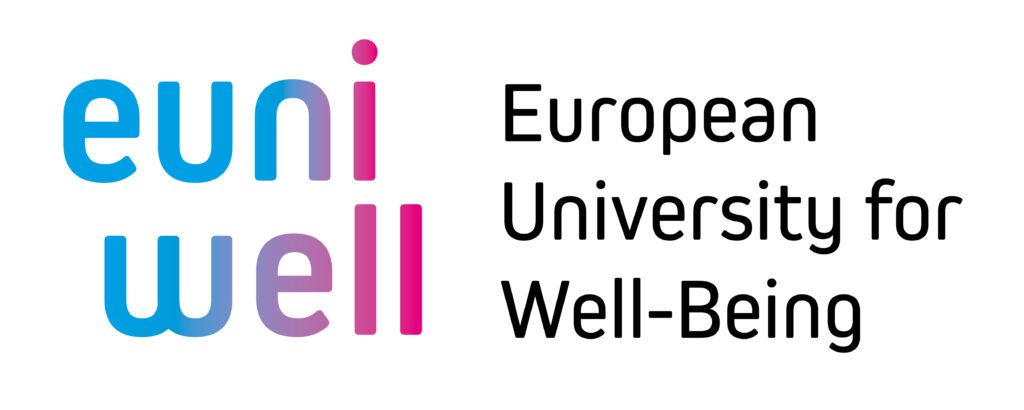Critical thinking plays a central role in science education in the current post-truth era (Jiménez-Aleixandre & Puig, 2022), characterized by the rise of misinformation and anti-science movements through social networks.
At the post-truth era, facts and evidence have less influence than references to emotions and personal beliefs (Puig, Blanco-Anaya, Bargiela Mosquera, 2024). Furthermore, due to recent technological and social transformations, the boundaries between truth, fiction and deliberate disinformation are increasingly difficult to distinguish for citizens. All this, added to the immediacy of the information, turns the task of teaching science into a challenge for teachers and critical thinking into a key element.
During the last decade, there has been an increasing number of educational actions and projects to improve teachers’ training and students in critical thinking. In particular, science educators of the research group RODA (Reasoning, Discourse and Argumentation) have been involved in four consecutive projects in this line. The current European Teachers’ Academies project, “Meta-Scientific Literacies in the (Mis -) Information Age” is a unique opportunity to strengthen teacher’s training in critical thinking in Europe. This is a key competence in the European Framework of Reference (European Union, 2018). We know that, like any competence, its development requires practice. Critical thinking can be taught and learned in science lessons, but we must continue to advance in the design of learning situations that teachers can transfer by engaging students in processes of scientific argumentation and decision making. To achieve this, it is crucial to continue to mind the gap between science education research and teaching practice and vice versa, and to create learning communities for this purpose.

